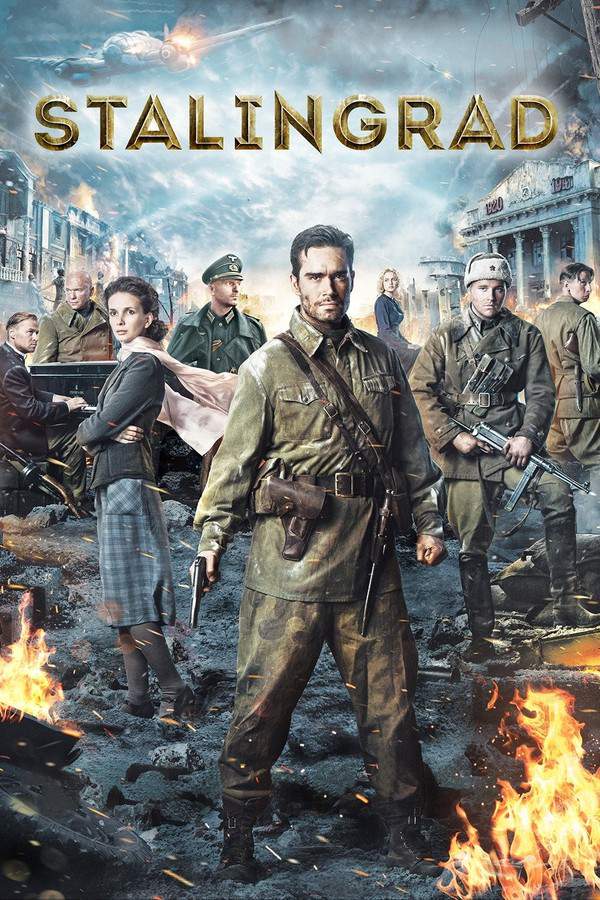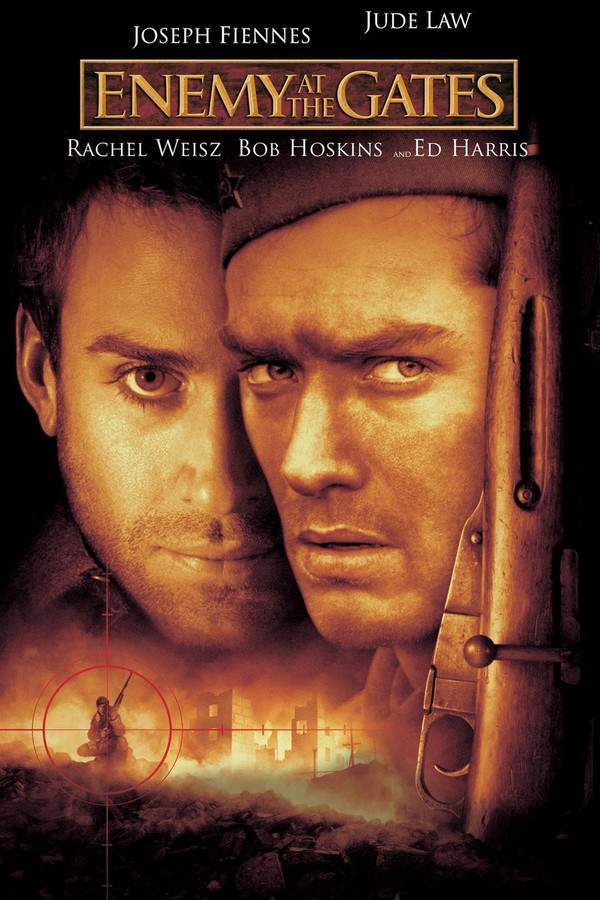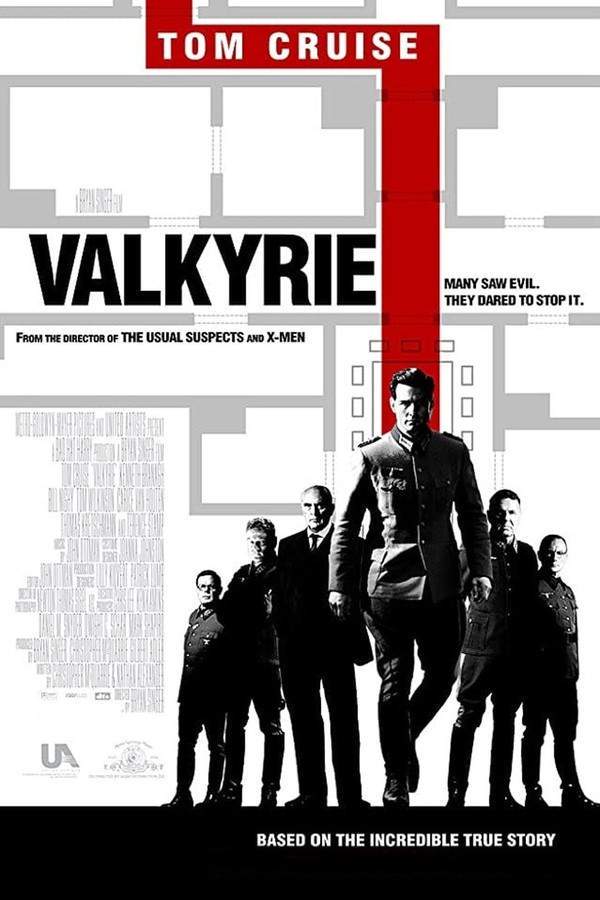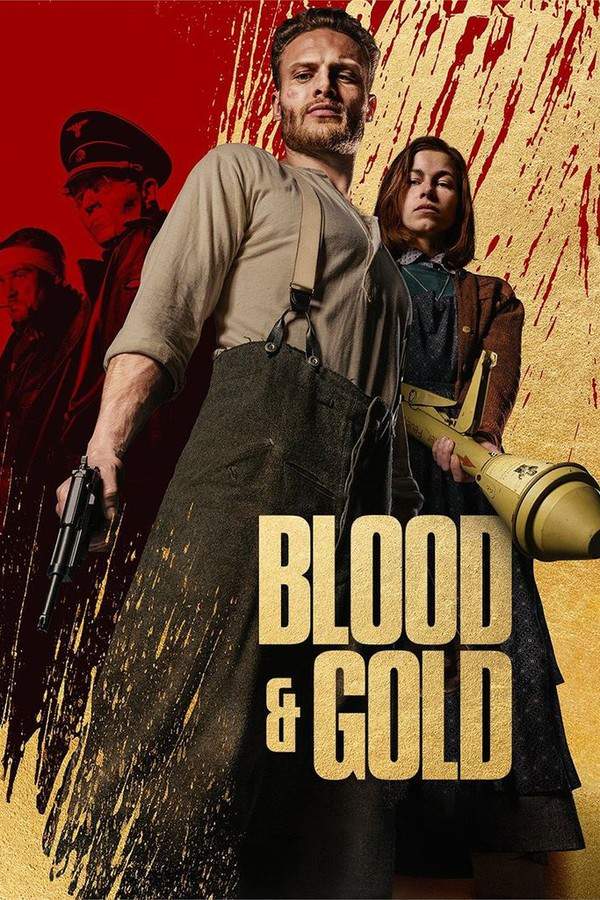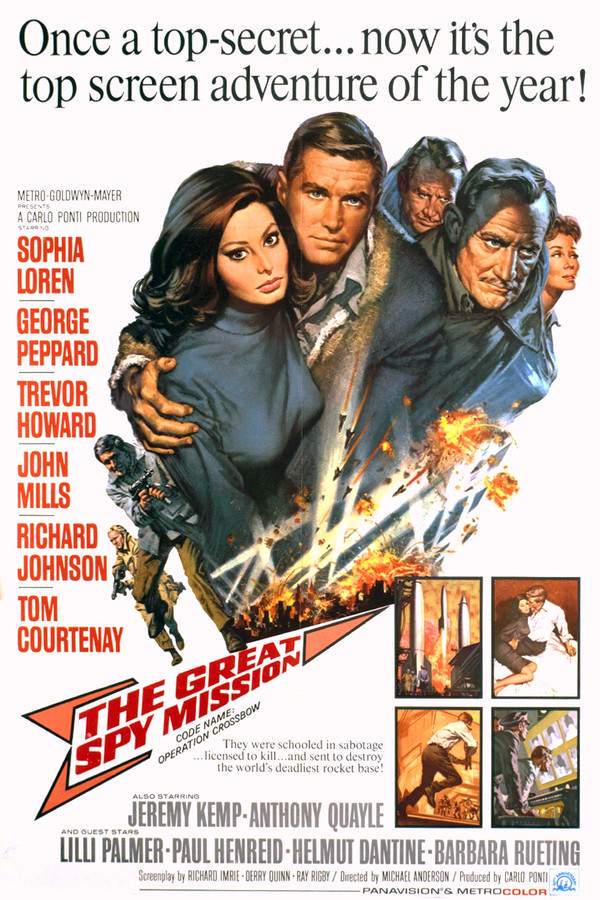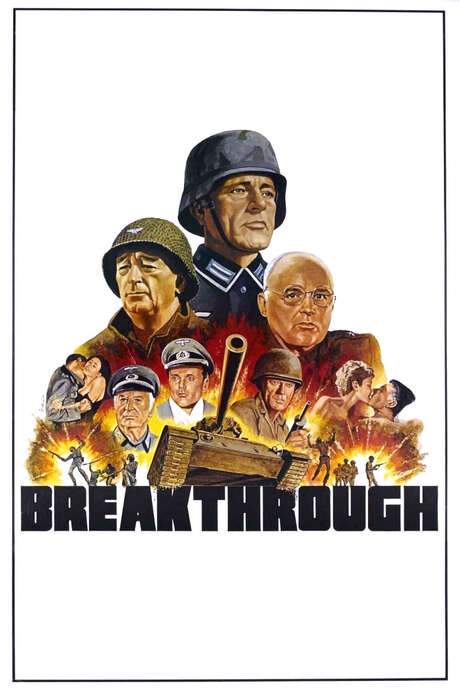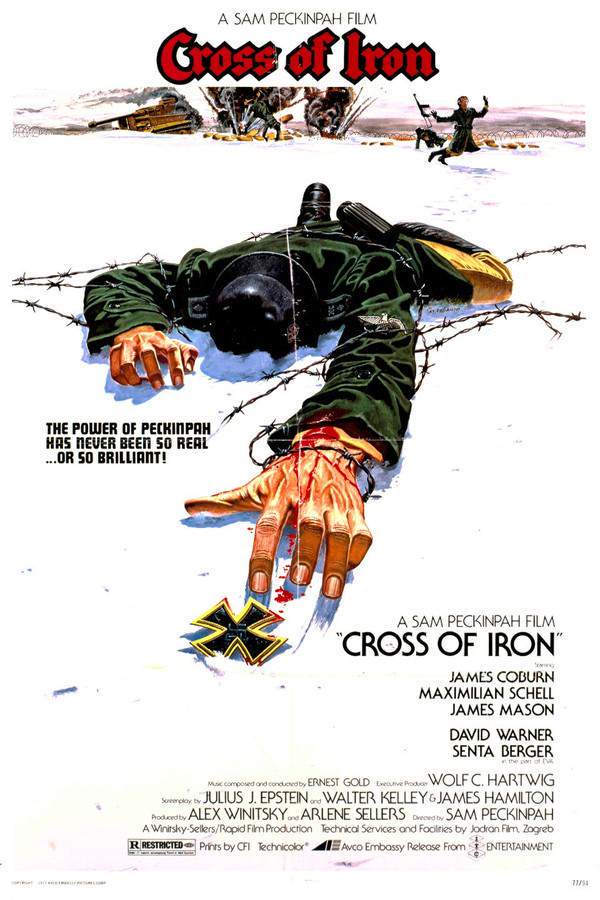
Cross of Iron 1977
Directed by
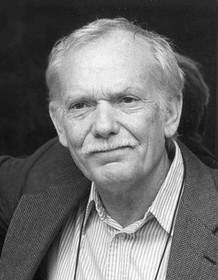
Sam Peckinpah
Made by

Constantin Film
Test your knowledge of Cross of Iron with our quiz!
Cross of Iron Plot Summary
Read the complete plot summary and ending explained for Cross of Iron (1977). From turning points to emotional moments, uncover what really happened and why it matters.
Corporal Rolf Steiner, a seasoned soldier serving in the Wehrmacht during World War II, finds himself entrenched in the brutal realities of the Eastern Front. Following a successful mission against an enemy mortar position, his reconnaissance platoon captures a young Russian boy soldier. As they make their way back to friendly lines, they encounter the newly appointed Captain Stransky, who takes command of Steiner’s battalion. The regiment’s commander, Colonel Brandt, expresses curiosity about Stransky’s sudden transfer from the more luxurious duties in occupied France to the harsh front lines of Russia. Stransky proudly proclaims that his ambition is to earn the Iron Cross.
Upon meeting Steiner, Stransky immediately orders the execution of the captured boy. However, in an act of defiance, Steiner refuses and has Corporal Schnurrbart hide the boy. Shortly thereafter, Steiner learns of his promotion to senior sergeant during a meeting with Stransky. It is in this tense atmosphere that Stransky realizes his adjutant, Lieutenant Triebig, is a closeted homosexual, a revelation that poses severe consequences in the German Army.
The platoon gathers to celebrate Lieutenant Meyer’s birthday when tragedy strikes—Steiner attempts to set the young Russian free, but he is inadvertently killed by the advancing Soviet troops. As the chaos unfolds, the Germans find themselves scrambling to defend their positions. Overcome by fear, Stransky hides away in his bunker, while Meyer heroically falls during a counterattack. Subsequently wounded, Steiner is sent to a military hospital where he experiences vivid flashbacks and a brief romance with a nurse portrayed by Senta Berger. Opting for duty over rest, Steiner returns to his men instead of taking the home leave offered to him.
Upon his return, he discovers Stransky’s dubious nomination for an Iron Cross, based on Meyer’s actions during the counterattack. To validate his claims, Stransky resorts to blackmailing Triebig and attempts to manipulate Steiner into supporting his lies, promising preferential treatment post-war. Brandt hopes that Steiner will courageously expose Stransky’s deceit but, instead, Steiner expresses his general disdain for all officers, be they as “enlightened” as Brandt and Kiesel, and requests time to contemplate his decision.
When retreat orders are issued, Stransky neglects to inform Steiner’s platoon, leading them through perilous territory. During this tense journey, they capture an all-female Russian unit. In a horrific turn of events, the despicable Nazi Party member Zoll rapes one of the women, resulting in her death after biting him. Distraught and angered, Steiner confines Zoll with the Russian women, seizing their uniforms as a disguise.
As they approach the German lines, communication is established to prevent friendly fire. However, Stransky sinisterly suggests to Triebig that they allow Steiner’s group to be mistakenly identified as Russians, leading to a disastrous confrontation where only a few—Steiner, Krüger, and Anselm—survive. In a tempestuous turn of events, Steiner confronts and kills Triebig, promoting Krüger to platoon leader, instructing him to safeguard Anselm.
With the Soviets mounting a formidable assault, Brandt urges Kiesel to evacuate, emphasizing the need for men like him to help rebuild Germany after the conflict. Brandt heroically attempts to rally the chaotic troops for a counteroffensive.
In a fateful encounter, Steiner tracks down Stransky but chooses not to take his life. Instead, he hands Stransky a weapon and offers to reveal “where the Iron Crosses grow.” Stransky, seeing this as both a challenge and an opportunity, agrees to follow Steiner into battle. The film concludes with Stransky perplexed over how to reload his MP40 while dodging gunfire from a young Russian soldier who resembles the boy they had earlier released. In a moment of dark humor, when Stransky asks for assistance, Steiner laughs, a haunting sound that echoes as credits roll alongside the song “Hänschen klein,” juxtaposed with stark black-and-white images of the civilian cost of war.
Cross of Iron Timeline
Follow the complete movie timeline of Cross of Iron (1977) with every major event in chronological order. Great for understanding complex plots and story progression.
Introduction of Rolf Steiner
Corporal Rolf Steiner is introduced as a seasoned soldier in the Wehrmacht, stationed on the Eastern Front during World War II. The brutal realities of war have shaped his character, pushing him to confront not only enemy soldiers but the moral complexities of conflict.
Successful Mission
Steiner and his reconnaissance platoon successfully execute a mission against an enemy mortar position. Their victory, however, is overshadowed by the grim realities of war, leading to complex moral choices.
Capture of the Russian Boy Soldier
As they return to friendly lines, Steiner's platoon captures a young Russian boy soldier. This moment sets off a cascade of ethical dilemmas, questioning the inherent humanity within the barbarism of war.
Arrival of Captain Stransky
Captain Stransky arrives to take command of Steiner's battalion, creating a palpable tension within the unit. His background and ambition to earn the Iron Cross raise suspicions among the men, especially regarding his rapid transfer to the front lines.
Stransky's Execution Order
Stransky coldly orders the execution of the captured Russian boy soldier, showcasing his ruthless nature. Steiner's defiance in refusing this order highlights the moral divide between him and Stransky.
Steiner's Promotion
During a heated meeting with Stransky, Steiner learns of his promotion to senior sergeant. This development emphasizes the growing tensions and conflicts among the ranks, particularly with Stransky's ambitions.
Lieutenant Meyer's Birthday
The platoon gathers to celebrate Lieutenant Meyer's birthday, creating a rare moment of levity amidst the chaos of war. This celebration quickly turns tragic as the situation spirals out of control, marking a significant turning point.
Tragedy Strikes
In a tragic turn, during a chaotic counterattack, Steiner attempts to liberate the young Russian boy but is accidentally killed by advancing Soviet troops. This loss serves as a profound reminder of the war's indiscriminate brutality.
Steiner's Hospitalization
Wounded in battle, Steiner is sent to a military hospital where he experiences flashbacks of the horrors he faced. He also develops a brief romantic connection with a nurse, which highlights moments of human connection amid the despair.
Return to Duty
Opting for duty over recuperation, Steiner returns to his platoon instead of taking a home leave. This decision reflects his commitment to his men and the harsh realities of a soldier’s life.
Iron Cross Controversy
Upon his return, Steiner learns about Stransky's questionable nomination for the Iron Cross based on Meyer's actions. The situation is further complicated by Stransky's manipulative tactics as he attempts to coerce others into supporting his deceit.
The Retreat Orders
As retreat orders are issued, Stransky's failure to inform Steiner's platoon leads them into dangerous territory. This lack of communication demonstrates Stransky's negligence and highlights the growing disarray within their unit.
Encounter with Russian Unit
During their perilous retreat, Steiner and his men capture an all-female Russian unit. This encounter exposes the darker side of war as the situation quickly escalates into a scene of violence and horror.
Zoll's Despicable Act
In a shocking event, Nazi Party member Zoll brutally rapes one of the Russian women, leading to her death. This atrocity fuels Steiner's anger and prompts him to imprison Zoll with the Russian captives as a form of retribution.
Final Confrontation
In a climactic confrontation, Steiner finds Stransky and, instead of killing him, offers him a weapon to face the reality of war together. The film ends on a haunting note, with Stransky bewildered by the chaos around him as the dark humor of war takes its toll.
Cross of Iron Characters
Explore all characters from Cross of Iron (1977). Get detailed profiles with their roles, arcs, and key relationships explained.
Corporal Rolf Steiner
Steiner is a seasoned soldier marked by his cynicism and deep moral conflict. He displays a strong sense of humanity, often questioning the orders given by his superiors and the ethics behind his actions. His experiences reflect the struggles of maintaining one’s integrity in wartime.
Captain Stransky
Stransky is ambitious and manipulative, embodying the darker forces within the military hierarchy. His desire for accolades leads him to make morally questionable decisions, often putting himself above his men. His character arc reveals the lengths some will go for personal glory in war.
Lieutenant Triebig
Triebig serves as Stransky's adjutant but is burdened by secrets that could endanger his life in the German Army. His character highlights the complexities of wartime identity, particularly under the oppressive circumstances of the military. His downfall emphasizes the peril of hidden truths.
Lieutenant Meyer
Meyer is characterized by his bravery and camaraderie, playing a crucial role in rallying the platoon. His tragic fate marks a turning point for Steiner and underscores the casualties faced by those who exhibit true heroism in times of crisis.
Cross of Iron Settings
Learn where and when Cross of Iron (1977) takes place. Explore the film’s settings, era, and how they shape the narrative.
Time period
World War II
World War II was a global conflict lasting from 1939 to 1945, characterized by immense destruction and significant loss of life. It saw the rise and fall of powerful nations, reshaping the world order. The conflict prompted profound social changes and led to technological advancements, though much of this was achieved amid tragedy.
Location
Eastern Front, Germany
The Eastern Front during World War II is a brutal theater of conflict known for its fierce battles and extreme conditions. Soldiers face not only the enemy but also the harrowing realities of war, including the moral dilemmas that arise in such a landscape. Germany's involvement saw harsh territorial struggles and dire consequences for both sides.
Cross of Iron Themes
Discover the main themes in Cross of Iron (1977). Analyze the deeper meanings, emotional layers, and social commentary behind the film.
⚔️
Courage and Conflict
The film intensely explores the dichotomy of duty and personal ethics in a wartime setting. Characters are put to the test as they navigate the chaos of battle while contending with the moral repercussions of their actions. This theme illustrates the struggle of maintaining humanity amidst the harsh realities of war.
🤝
Betrayal and Loyalty
Betrayal circulates through relationships, particularly between Steiner and Stransky, revealing the fragile nature of loyalty in conflict. Stransky's manipulative ambitions clash with Steiner's personal code, leading to profound consequences. The theme highlights how trust can be corrupted in the face of personal gain.
💔
Human Cost of War
The devastating impacts of war on both soldiers and civilians underscore the narrative, emphasizing that conflict extends beyond the battlefield. The tragic fate of characters, including innocent lives caught in the crossfire, serves as a poignant reminder of the human cost of war. The film's conclusion starkly contrasts moments of dark humor with the somber realities of wartime losses.

Coming soon on iOS and Android
The Plot Explained Mobile App
From blockbusters to hidden gems — dive into movie stories anytime, anywhere. Save your favorites, discover plots faster, and never miss a twist again.
Sign up to be the first to know when we launch. Your email stays private — always.
Cross of Iron Spoiler-Free Summary
Discover the spoiler-free summary of Cross of Iron (1977). Get a concise overview without any spoilers.
In the waning months of World War II, the brutal expanse of the Eastern Front forms a stark canvas for a story of honor and ambition. The film immerses the viewer in a world where icy wind, shattered villages, and the constant thrum of artillery shape every decision, casting a relentless gray light over both soldiers and the landscape they traverse. The tone is gritty and unflinching, blending the stark realism of frontline combat with a lingering, almost poetic melancholy that hints at the human cost hidden beneath the uniforms.
At the heart of this conflict stands Rolf Steiner, a seasoned corporal whose decorations speak to battlefield competence and a pragmatic, survival‑driven mindset. He is a man who has learned to balance duty with an inner code that values the lives of his men, even when the war itself seems to demand otherwise. His steady presence provides a grounding counterpoint to the restless currents of the surrounding chaos.
Opposing him is Captain Stransky, a newly appointed officer whose drive for personal distinction fuels a relentless pursuit of the coveted Iron Cross. His ambition is palpable, and it pushes him toward bold, sometimes reckless choices as he seeks validation amid the carnage. The tension between Steiner’s grounded realism and Stransky’s yearning for glory creates a compelling dynamic, each man embodying a different response to the same unforgiving environment.
Surrounding these two figures is a cast of officers and soldiers whose loyalties and motivations ripple through the ranks, hinting at deeper layers of command, camaraderie, and concealed secrets. The film’s atmosphere is thick with moral ambiguity, inviting the audience to watch as personal ambition and collective survival clash on a battlefield where the line between honor and desperation is as fragile as a winter frost.
Can’t find your movie? Request a summary here.
Movies with Similar Twists and Themes
Uncover films that echo the narrative beats, emotional arcs, or dramatic twists of the one you're exploring. These recommendations are handpicked based on story depth, thematic resonance, and spoiler-worthy moments — perfect for fans who crave more of the same intrigue.
Featured on this page

What's After the Movie?
Not sure whether to stay after the credits? Find out!
Explore Our Movie Platform
New Movie Releases (2025)
Famous Movie Actors
Top Film Production Studios
Movie Plot Summaries & Endings
Major Movie Awards & Winners
Best Concert Films & Music Documentaries
Movie Collections and Curated Lists
© 2025 What's After the Movie. All rights reserved.


